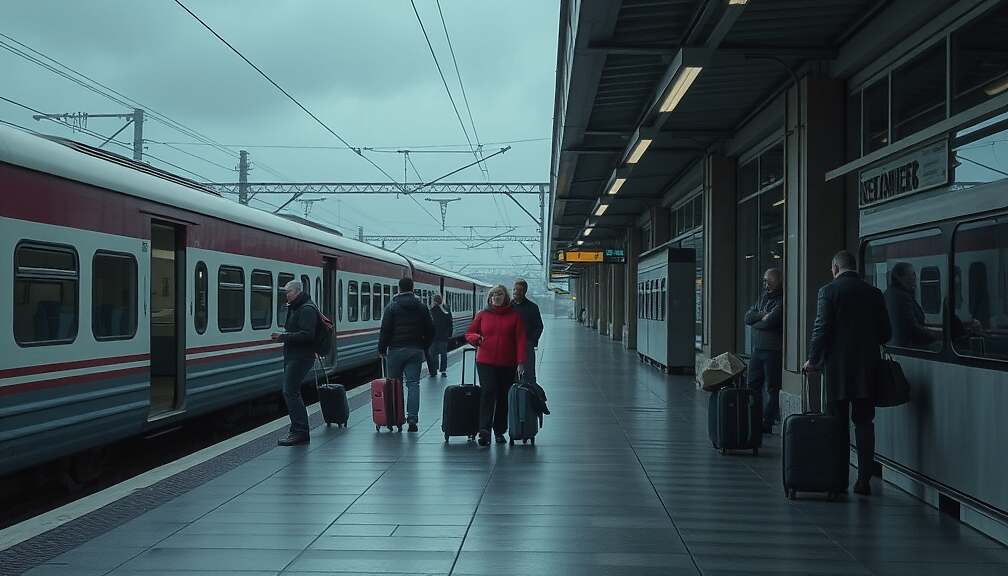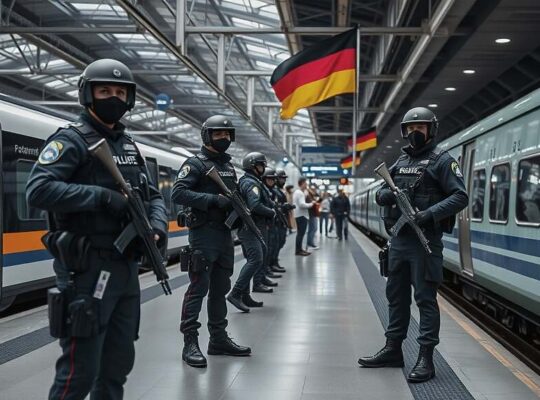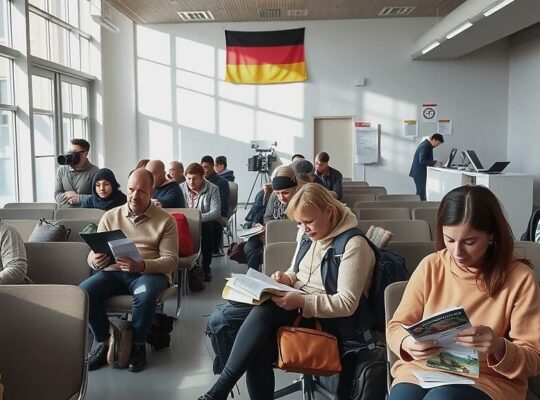German airlines are escalating pressure on Deutsche Bahn, demanding a significant shift in liability for passengers who miss connecting flights due to train delays within the popular “Rail&Fly” ticketing scheme. The proposal, spearheaded by the Bundesverband der Deutschen Fluggesellschaften (German Aviation Association), highlights a growing frustration with the inadequacy of current passenger protections and signals a potential clash between transport sectors.
Rail&Fly tickets, bundled flight and train journeys offering unparalleled flexibility, are a key selling point for many German airlines. Passengers benefit from using any Deutsche Bahn train to reach or depart from airports, often with a generous time buffer before and after their flight. However, when delays occur – a frequent occurrence on Germany’s beleaguered rail network – the financial burden for missed connections currently falls squarely on the passenger.
“The current system is fundamentally unfair” stated Peter Gerber, President of the BDF, in comments to the Funke-Mediengruppe newspapers. “Unlike connections with feeder flights, passengers bear the full cost if a train delay causes them to miss their onward flight – a potentially substantial expense”. He argued that shifting liability to Deutsche Bahn would significantly enhance the attractiveness of Rail&Fly packages and encourage greater utilization.
The demand isn’t merely focused on financial responsibility. Gerber also criticized the limitations of passenger comfort, specifically highlighting the lack of a streamlined baggage transfer service. “The Bahn is doing what it can, but it’s visibly constrained” he remarked, advocating for a system that allows passengers to check luggage at train stations, with automated transfer directly to the airport’s baggage handling system. This, he believes, would represent a crucial upgrade to the overall passenger experience.
The proposal throws into focus a deeper, systemic issue regarding the interconnectedness and accountability within Germany’s public transportation infrastructure. While Deutsche Bahn has acknowledged the problem, citing limitations in its ability to address the escalating challenges, the demand represents a significant challenge to its operational budget and legal framework. Critics argue that any shift in liability without significant investment in rail infrastructure modernization and improved punctuality could exacerbate existing financial pressures on Deutsche Bahn, potentially leading to fare increases or further service reductions. The debate underscores the complexities of integrated travel solutions and raises critical questions about who ultimately bears the risk when things go wrong.












